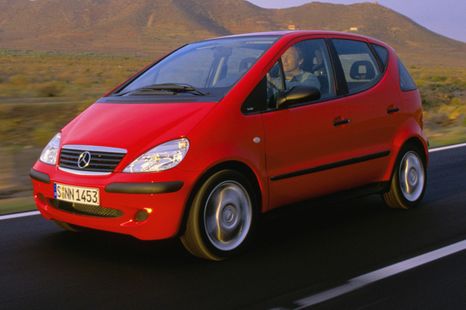

Derek Fung
Next Mercedes-Benz A-Class to channel some of the spirit of the original - report
1 Hour Ago
Biosecurity issues are causing more major delays at Australian ports, impacting deliveries from at least one vehicle-carrying cargo ship.

Contributor


Contributor
New vehicle deliveries for at least one major auto brand are being impacted by yet another issue at a major Australian port.
The unloading of at least one ship at the Port of Melbourne has been delayed, with Ford Australia telling CarExpert an unspecified biosecurity process is to blame.
“There are delays delivering vehicles via the Port of Melbourne due to biosecurity processes,” a Ford Australia spokesperson told CarExpert.
“Ford is working with Port and Government authorities on a resolution, and thanks its customers for their patience.”
Hundreds of new car deals are available through CarExpert right now. Get the experts on your side and score a great deal. Browse now.
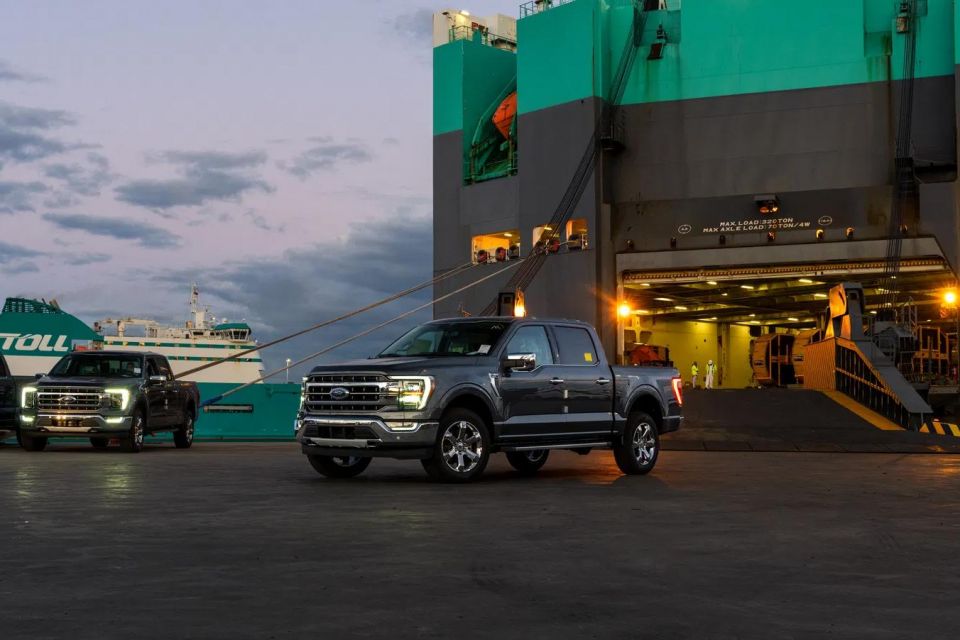
A spokesperson for BMW Australia confirmed the German brand is also being impacted by “recent disruptions” at major ports.
“The recent disruptions at major ports have led to delays for car-carrying cargo ships waiting to dock at ports across the country,” the BMW spokesperson said.
“Adding to this challenge is that once these ships eventually dock, they must undergo the country’s strict customs quarantine protocols – which we fully respect – but are adding additional time before our BMW Group vehicles can be cleared and released.
“We are doing everything in our power to expedite the delivery of vehicles to our customers, including regular communication with the relevant authorities, who are working tirelessly to move things forward.”
A spokesperson for Mercedes-Benz told CarExpert it’s experiencing “slight delays in deliveries”, however, this is understood to be as a result of the industrial action rather than the biosecurity concerns.
Neither Ford nor BMW confirmed which of their models are affected by this delay, but while Ford’s top-selling Ranger is produced in Thailand alongside most of its rivals and the Mustang is made in North America, BMW sources all of its larger SUVs from the US.
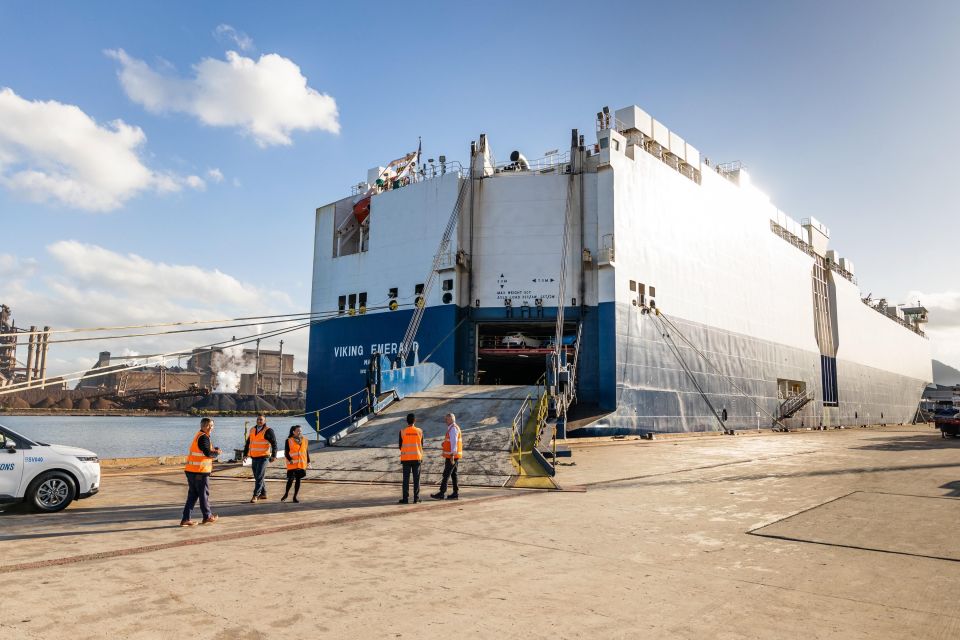
The Australian Government has strict quarantine requirements for all incoming sea freight, including vehicles on dedicated automotive ‘roll-on-roll-off’ ships. Biosecurity-related delays are usually the result of stink bugs or cars with dirt on them from overseas holding yards, particularly during wet seasons at the ports of departure.
The latest delay comes less than a month after industrial action at some of Australia’s ports was resolved, following strikes by Maritime Union of Australia (MUA) workers at port facilities operated by Qube Ports including Port Kembla, Fremantle, Adelaide, Brisbane and Melbourne, which temporarily halted the importation of approximately 35,000 new vehicles.
The industrial action saw around a dozen ships transporting new vehicles forced to either remain idle outside ports on Australia’s eastern seaboard or be rerouted to unaffected ports at different parts of the country, causing knock-on effects due to their delayed return and restocking at departure ports.
Though this was resolved within a week, the limited-time industrial action resulted in a delay in vehicle deliveries, and the delay of ships returning to their departure ports after the backlog in Australia. This extended the time that many new vehicles were parked on grass or soil as stocks piled up on paved holding yards near departure ports.

Last month, an industry insider told CarExpert on the condition of anonymity that the recent stevedore industrial action would have significant knock-on effects.
“This is one of those stories where media outlets won’t realise how big of a s*&#storm this is until people start complaining on Facebook where their car is.“We are at the start of a three-month s*&#show and potentially chronic car shortages.
“Calculate all the ships waiting to dock. And then calculate all the subsequent shipments they are running late for once they leave here empty. Shipping companies will prioritise other countries and make Australian suppliers pay a premium [to ship cars here] because of the high risk of disruption.
“We are being held to ransom. In Australia the pirates are on the docks, not on the water.”
Industry experts have previously predicted Australian new vehicle sales will slow down in 2025 from the record high of 2024, as supply has finally caught up with – and and in many cases exceeded – demand.
This was reflected in a 2.4 per cent drop in new vehicle deliveries in January compared to the same month in 2024.
MORE: Australian port strikes over, but new car buyers could still face delays MORE: Vehicle shipping crisis to extend new car delivery times in Australia
Born and raised in Canberra, Jordan has worked as a full-time automotive journalist since 2021, being one of the most-published automotive news writers in Australia before joining CarExpert in 2024.


Derek Fung
1 Hour Ago
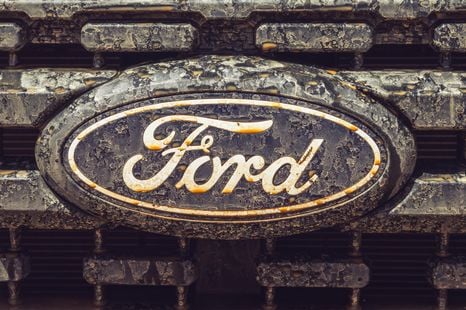

Damion Smy
13 Hours Ago
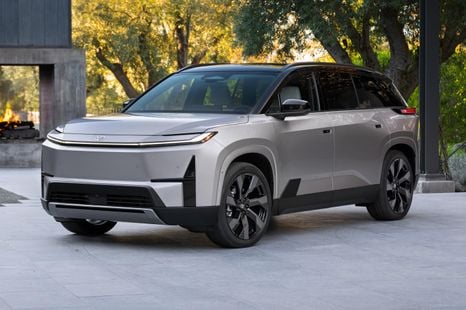

Damion Smy
13 Hours Ago
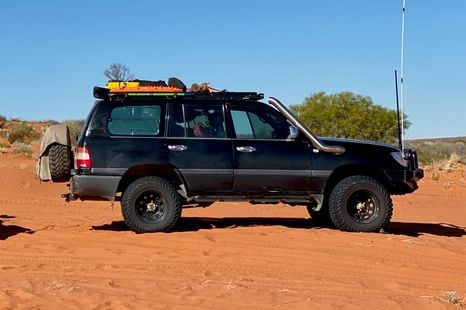

Ben Zachariah
15 Hours Ago
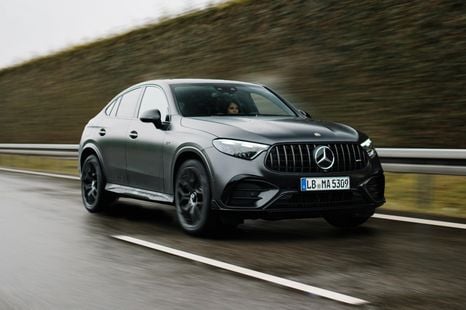

William Stopford
17 Hours Ago
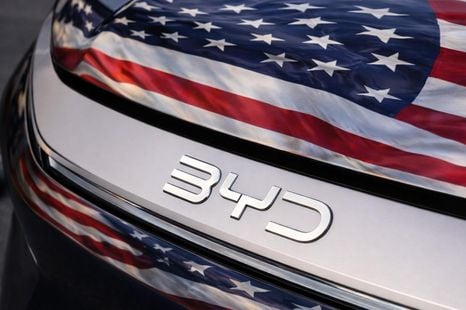

Damion Smy
19 Hours Ago
Add CarExpert as a Preferred Source on Google so your search results prioritise writing by actual experts, not AI.